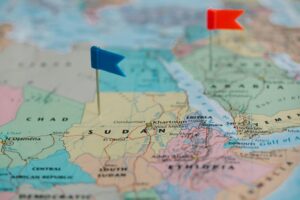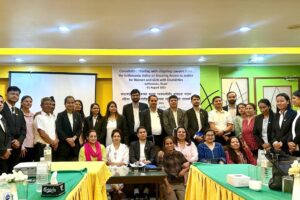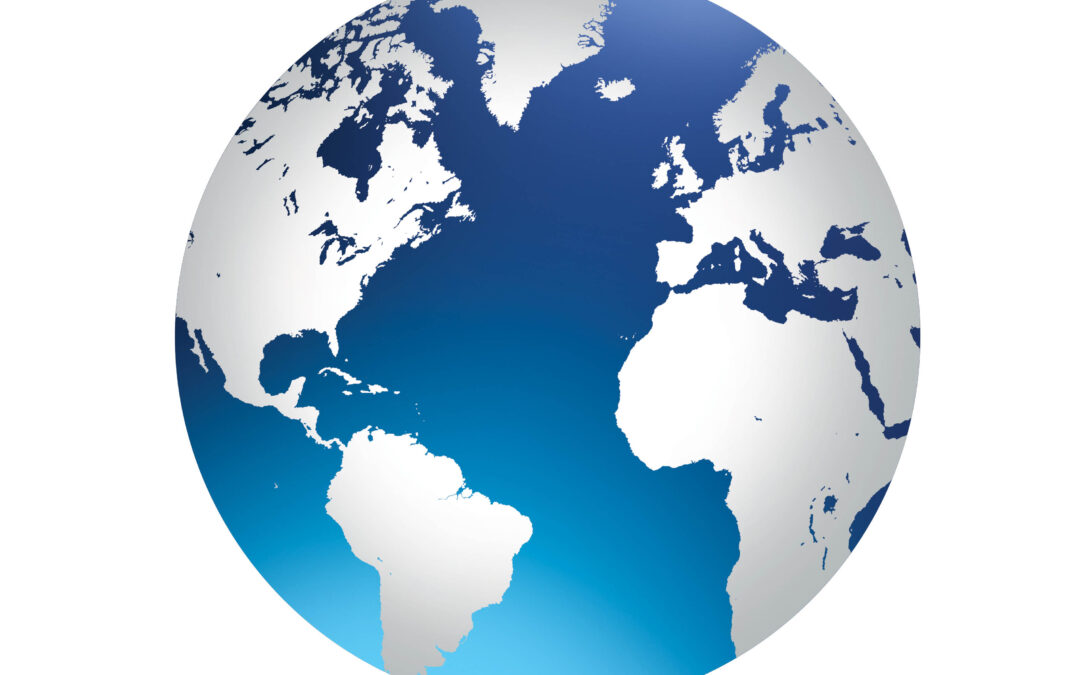
Jun 1, 1962
This legal Journal is devoted to the administration of justice within different countries. It also strives to deepen understanding of and widen agreement on the principles of the rule of law in all countries.
This edition features:
-
-The rule of law in the contemporary welfare state, by Fritz Gygi
-
-The lawyer in communist China, by Shao-Chuan Leng
-
-The ombudsman in New Zealand, by A.G. Davis
-
-Freedom of movement: right of exit, by Rudolf Torovsky
-
-The application of the European Convention on Human Rights in municipal law, by Philippe Comte
-
-The power of the judiciary in East Germany, by Walther Rosenthal
- Notes:
-
-Ombudsman for Britain? by A.A. de C. Hunter
-
-Inter-American Draft Convention on Human Rights
- Book reviews
ICJ Journal-IV-1-1962-eng (full text in English, PDF)
ICJ Journal-IV-1-1962-spa (full text in Spanish, PDF)
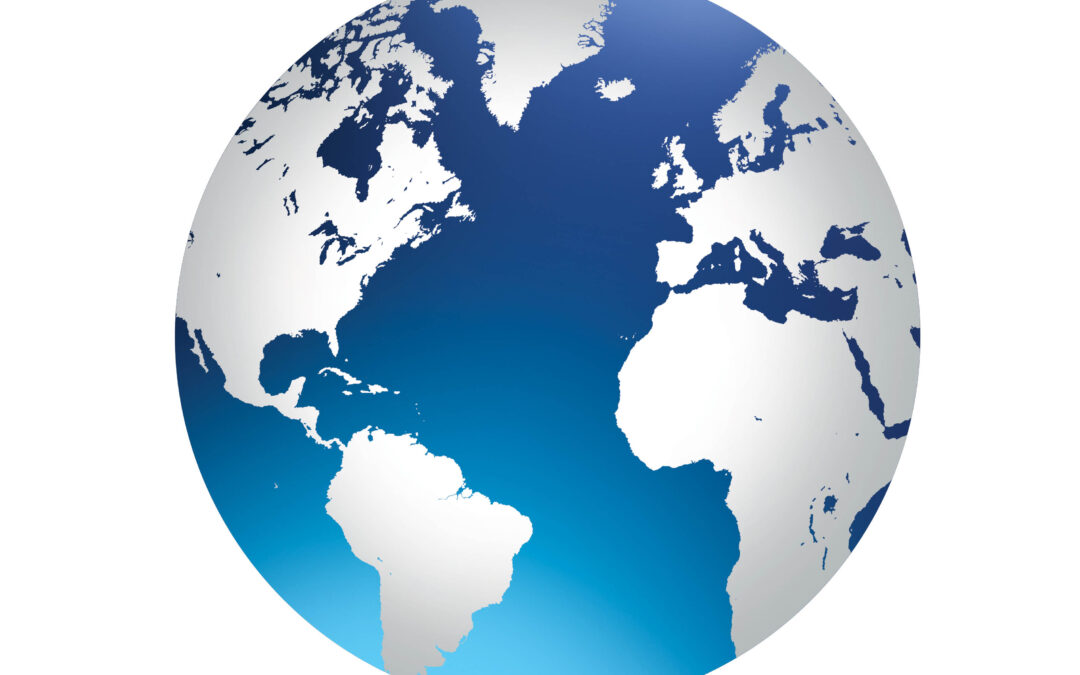
Jun 1, 1962
Ce journal légal fournit de l’information sur l’administration de la justice dans différents pays.
ICJ Journal-IV-1-1962-fra (Texte complet en PDF)
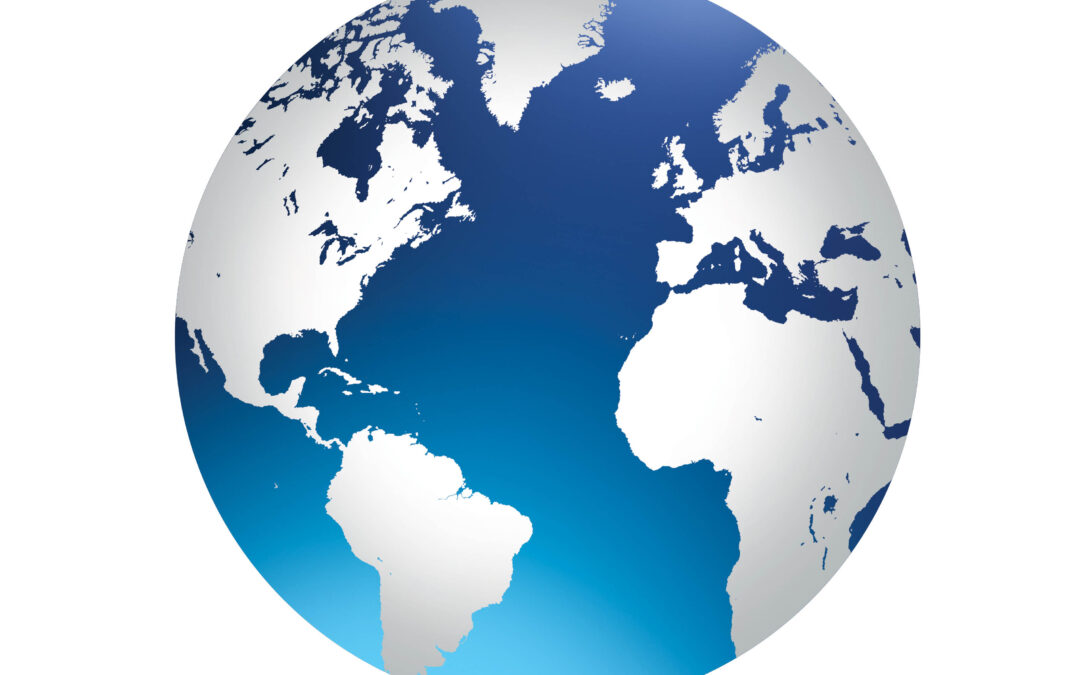
May 1, 1962
Dans ce bulletin: informations sur l’Albanie, Cuba, le Royaume de Dahomey, le Ghana, le Portugal, l’Asie du Sud, la Corée du Sud, le Tibet et l’URSS.
ICJ Bulletin-13-1962-fra (Texte complet en PDF)
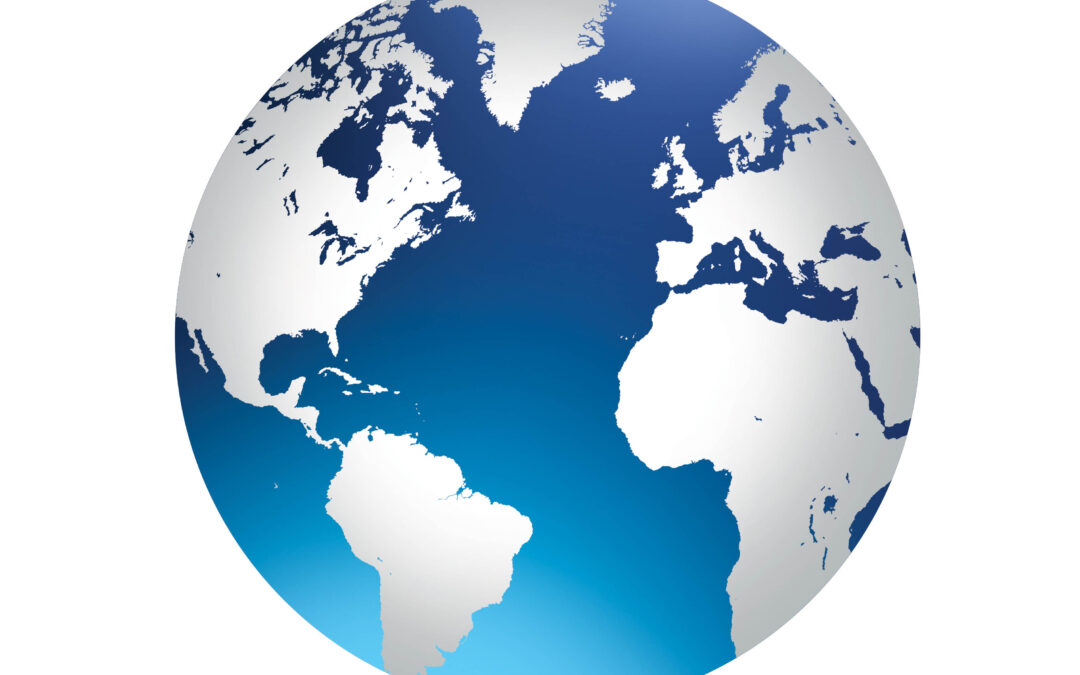
May 1, 1962
The positive reaction from the bulletin proves its usefulness, which helps in succinct form to keep the international legal community informed of topical developments in various countries of the world, has been recognized by the subscribers of the periodicals. Unless the international political institutions develop in proportion to man’s potential for destruction, there will be no safe foundation of the rule of law anywhere. This edition contains articles on the aspects of the Rule of Law in:
- Albania
- Cuba
- Dahomey
- Ghana
- Portugal
- South Asia
- South Korea
- Tibet
- USSR
ICJ Bulletin-13-1962-eng (full text in English, PDF)
ICJ Bulletin-13-1962-spa (full text in Spanish, PDF)
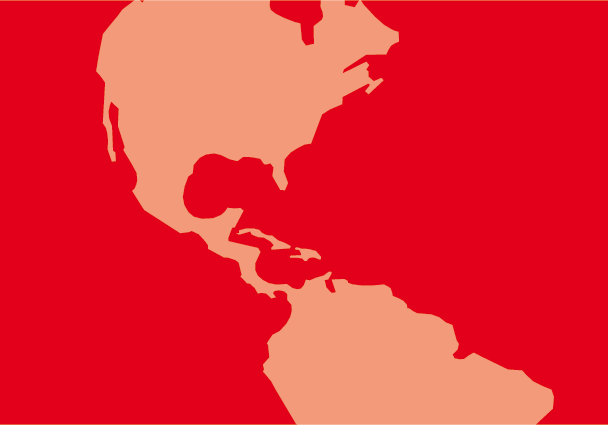
Jan 1, 1962
In the ten years since the ICJ was organized in 1952 it has become so well known in so many centers of legal culture throughout the free world – the high courts, university law faculties, practitioners, associations and institutes – that repetition of its origin, purpose and history is unnecessary.







